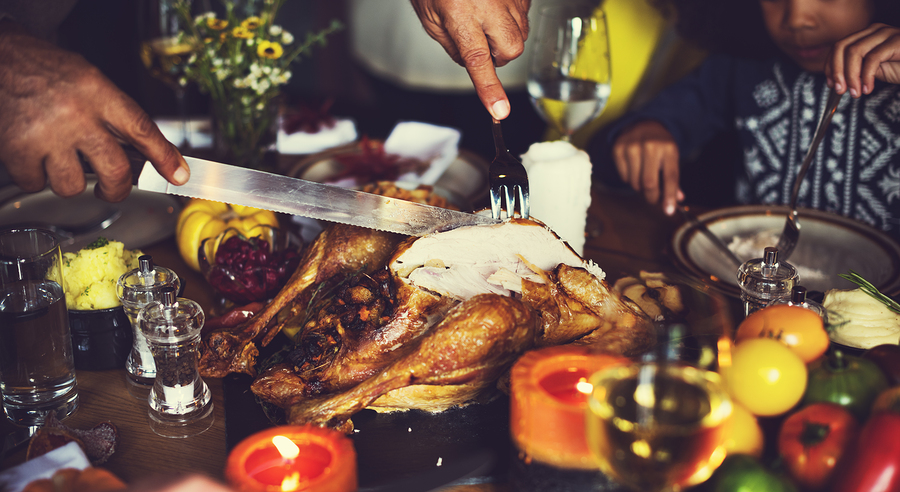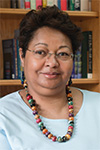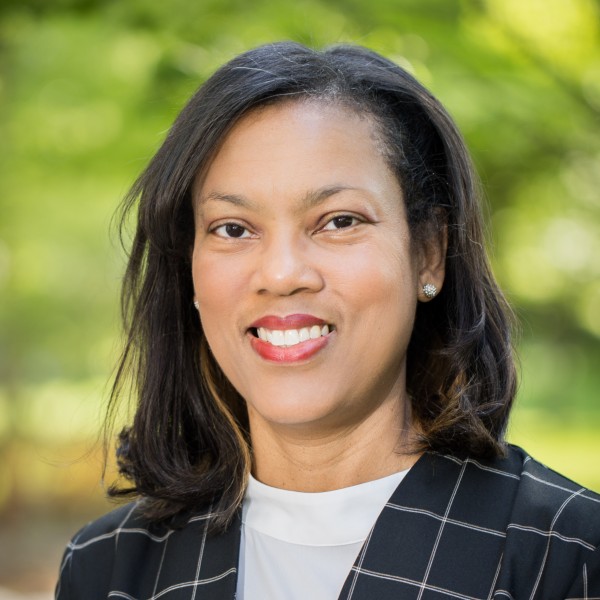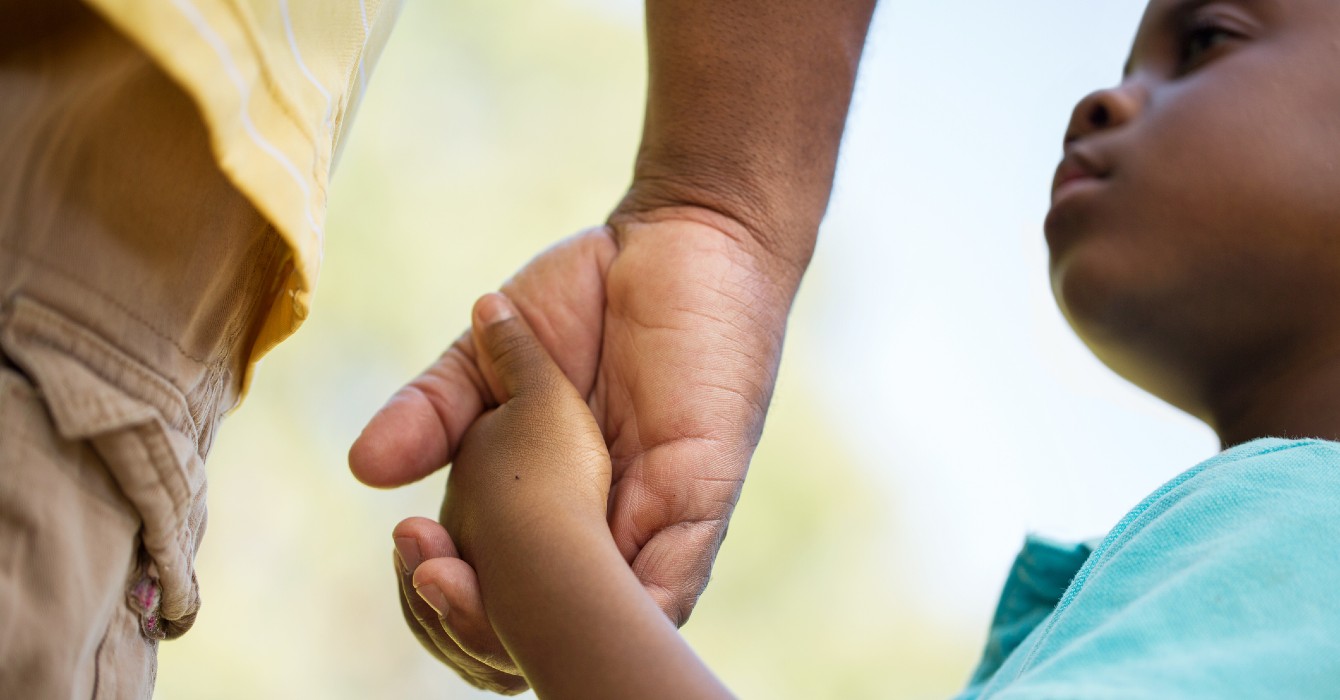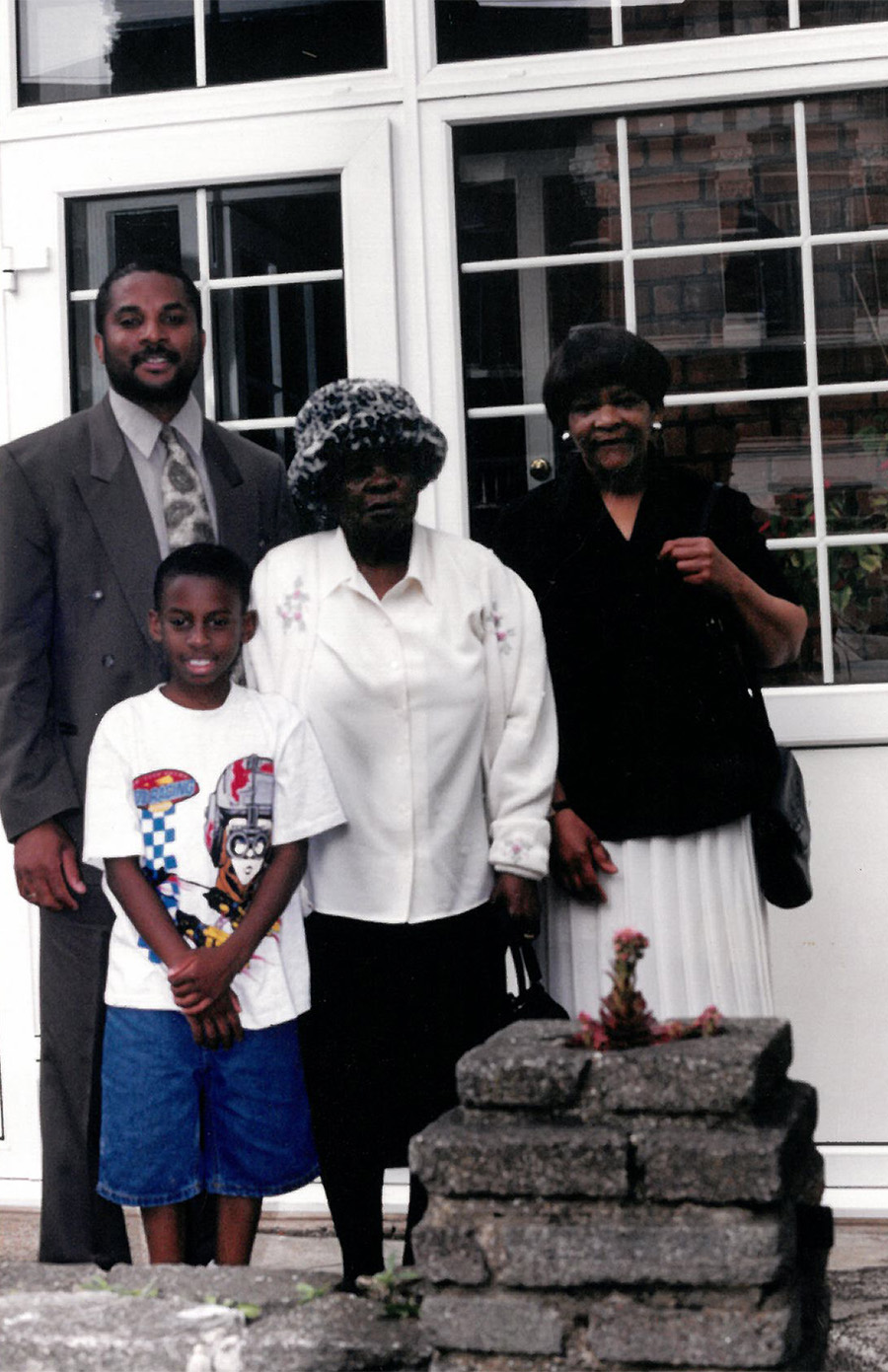The table was set with the good china. Platters of fried chicken and bowls of greens and vegetables lined the table. I was sitting at the big feast with my extended family. But I barely filled my plate on that warm Thanksgiving Day in 1999.
I couldn’t smell the roasted turkey. The aroma of sweet potato casserole and the buttery perfume of homemade cakes and pies filled the room but did not register with me.
It was the first Thanksgiving after I had brain surgery, and I wasn’t feeling particularly thankful.
I was depressed over losing my sense of smell -- and the vision in one eye. A neurosurgeon had removed a benign tumor, and two months later, I was still broken and battered. I retreated to a corner. My mother’s cheery and familiar face was the only bright spot that day.
Thanksgiving had been one of my favorite holidays. From childhood into early adulthood, I spent most Thanksgivings with my maternal grandparents in Lynchburg, Virginia.
The ritual started in the morning, when my grandfather, Papa, killed a hog. Later that day, the extended family would gather for turkey with all the trimmings: yeast rolls, stuffing, coconut pie and sweet potato casserole with marshmallows on top. It was a magical place and time.
My grandfather or uncles would say grace, expressing our deep feelings of gratitude for having each other, a roof over our heads and all the things we needed, plus some of the things we wanted. The table was a symbol of the bounty of my family. The house was warm. It was full of food. My relatives were there. Even as a child, I had recognized that I was blessed -- dressed in my black velvet skirt with matching hot pants and Shirley Temple curls.
But in 1999, I was filled with anger, mourning my losses. I was struggling to understand what had happened -- I had gone to the doctor on a Wednesday because I had a floater in my eye, and the following Monday I was having a 5 ½-hour surgery.
The neurosurgeon had warned me that the procedure would likely destroy my olfactory nerve, but at first I thought it had come through the surgery intact.
Then one day I burned a pot roast to a crisp. I ran outside to my garden and snipped off pieces of rosemary and lavender and inhaled. Nothing. I realized that another part of me was gone.
Losing vision in my right eye had been a total shock. Without peripheral vision, I often stumbled and fell. I needed more light in the house to see where I was going. Initially, I had a hard time reading.
My maternal grandmother died while I was recovering, and I couldn’t go to her funeral.
By November, I had not returned to work, and I wasn’t sure I’d ever write again. I was overwhelmed with loss, and even at Thanksgiving, I couldn’t regain the sense of gratitude I had had most of my life.
My minister, the late Rev. Lawrence Neale Jones, told me to ask God what he wanted me to do with one eye and without a sense of smell.
I was reminded of the biblical verse “We walk by faith, not by sight” (2 Corinthians 5:7). I knew I needed to keep putting one foot in front of the other, not sure where I was going but trusting God to lead me.
I slowly began to reconcile my body with my spirit. On the one hand, I understood that we are embodied spirits, encased by a physical vessel. Yet I knew that my spirit was more than my physicality.
I had to remind myself that the lumps and dents left from the surgery would never go away. But that doesn’t mean my spirit couldn’t thrive again.
As a Christian, I believe that faith turns adversity into advantage. Through faith, we realize we are not relegated to what we can see, feel and touch. Our faith creates a whole new point of reference.
All my needs were being met through the generosity of family and friends. Sometimes I dreamed that at the end of my life, God would restore sight in my right eye only to make me see that it didn’t matter -- that the person I am was far greater than my deficits.
For a long time, I prayed for God to restore my sight and my sense of smell. Eventually, I realized that even though that would not happen, I would still be healed.
Thanksgiving is about celebrating what you have, not grieving what you have lost. It’s not just about the food; it’s about family and gratitude and all kinds of bounty. Being thankful requires letting go of the things we can’t control and accepting and embracing the rest.
So as another Thanksgiving approaches, I am grateful for the past, thankful for the present and hopeful for the future. Since that Thanksgiving in 1999, I have grown to accept my losses. But I appreciate that I can still taste, and I savor the wonderful meals that I share with family and friends.
I can’t wait to sit at the Thanksgiving table once again. I know I will be transported to my grandparents’ house. I keep thinking about the velvet outfit and Shirley Temple curls. That little girl -- deeply grateful -- plans to make an appearance again this year. And she’s going to relish every bite.

